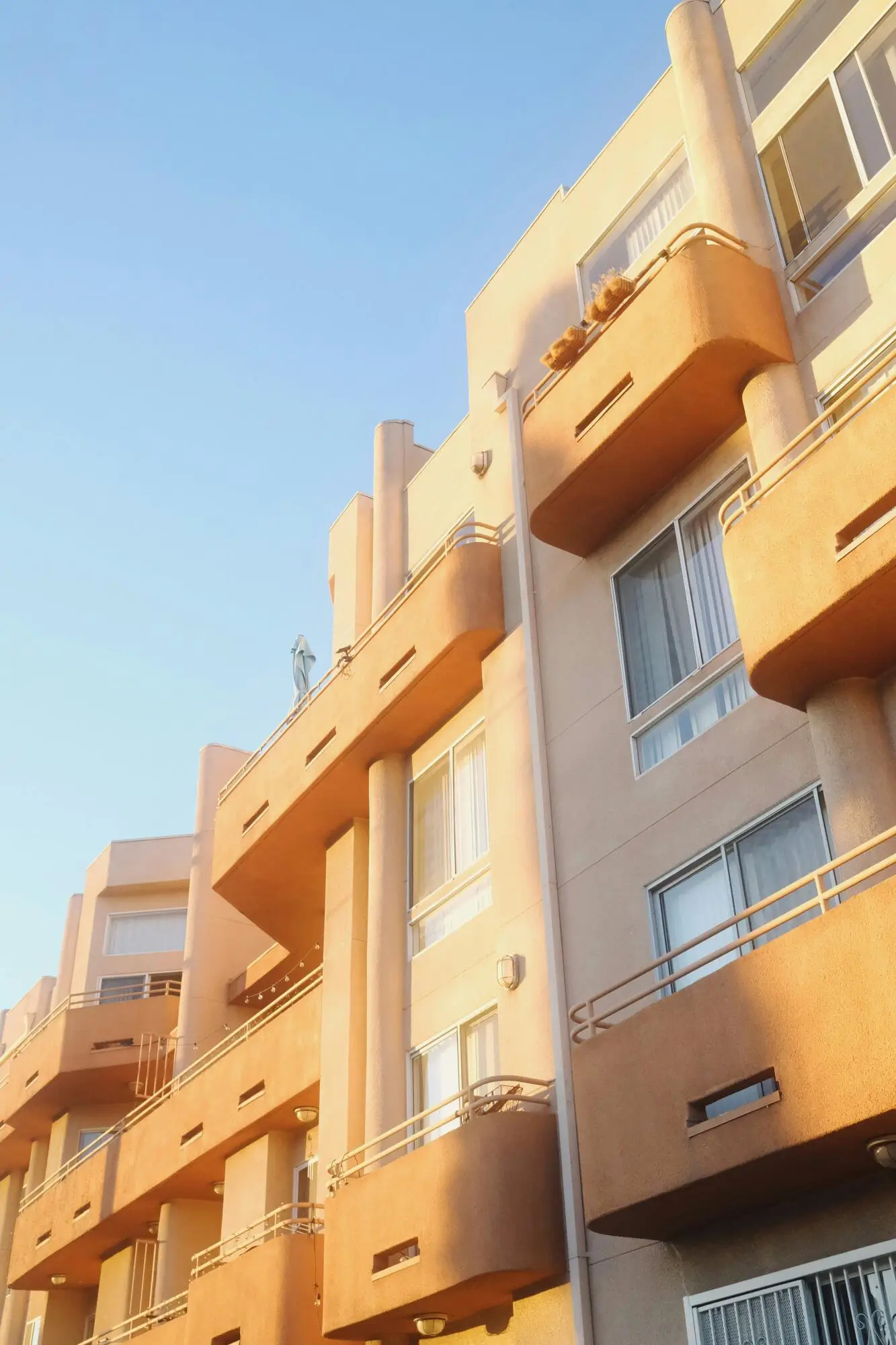Do you often find yourself worried about what goes on in your Fort Lauderdale property? If so, one way to achieve peace of mind is to conduct more inspections.
In general, rental property inspections are a powerful tool in any landlord's arsenal. Beyond ensuring your tenants are treating your property with care, rental inspections also allow you to:
- Catch maintenance issues early
- Maintain the property's market value
- Increase tenant satisfaction
The question is: how often is too often when it comes to inspections? To answer that, let's go over the main types of inspections and when to do them!
Move-In Inspections
A move-in inspection should occur right before a tenant moves in. These inspections allow landlords and tenants to survey the unit for pre-existing damage. Once the tenant notes all issues with the unit, you can double-check their findings.
The move-in inspection will also serve as a basis of comparison for the move-out inspection (see below). If a tenant damages your property during their stay, you can deduct the repair costs from their security deposit.
Routine Inspections
Routine inspections allow you to assess your unit's condition throughout the lease term. In Florida, there's no limit to how many times you can inspect a property. That said, you'll need to give 12 hours' notice and visit at a reasonable time.
During these assessments, a good inspection checklist for landlords should cover:
- Condition of floors, walls, and ceilings
- Safety systems such as smoke detectors
- Potential violations such as unauthorized pets
Quarterly Inspections
Quarterly inspections should occur at the start of each season. They're usually designed to ensure the rental is ready for the upcoming weather. As such, these inspections can play a big part in property value maintenance.
One of the best rental property maintenance tips we can give you is to focus on equipment during quarterly inspections. Ensure your appliances are operational and free of physical damage.
Drive-By Inspections
A drive-by inspection is a visual inspection performed from outside the rental. This is the only type of inspection that doesn't require you to notify the tenant. If you notice something wrong, you can tell your tenant to remedy the issue.
In Florida, there's no limit to how often you can perform drive-by inspections. However, these inspections shouldn't impede their right to quiet enjoyment. This is also why most tenant satisfaction strategies minimize frequent inspections.
Move-Out Inspections
As mentioned above, you'll perform a move-out inspection at the end of the tenant's lease. You'll be looking for:
- Unauthorized renovations
- Property damage
- Broken fixtures or appliances
- Signs of mold or pests
Always cross-reference your findings with your move-in inspection results. If you haven't done one, consider outsourcing your inspection needs to a Fort Lauderdale property management firm.
Rental Property Inspections Made Easy
The bottom line: you can inspect your property as often as you want, but keep your tenant's needs in mind. If your inspections are too frequent, they may start looking for a place with a less zealous landlord.
Need help with performing rental property inspections in Fort Lauderdale? At PMI Fort Lauderdale, we combine local expertise with global standards. We're also on Entrepreneur's list of the 500 best franchises -- contact us here to see why!


